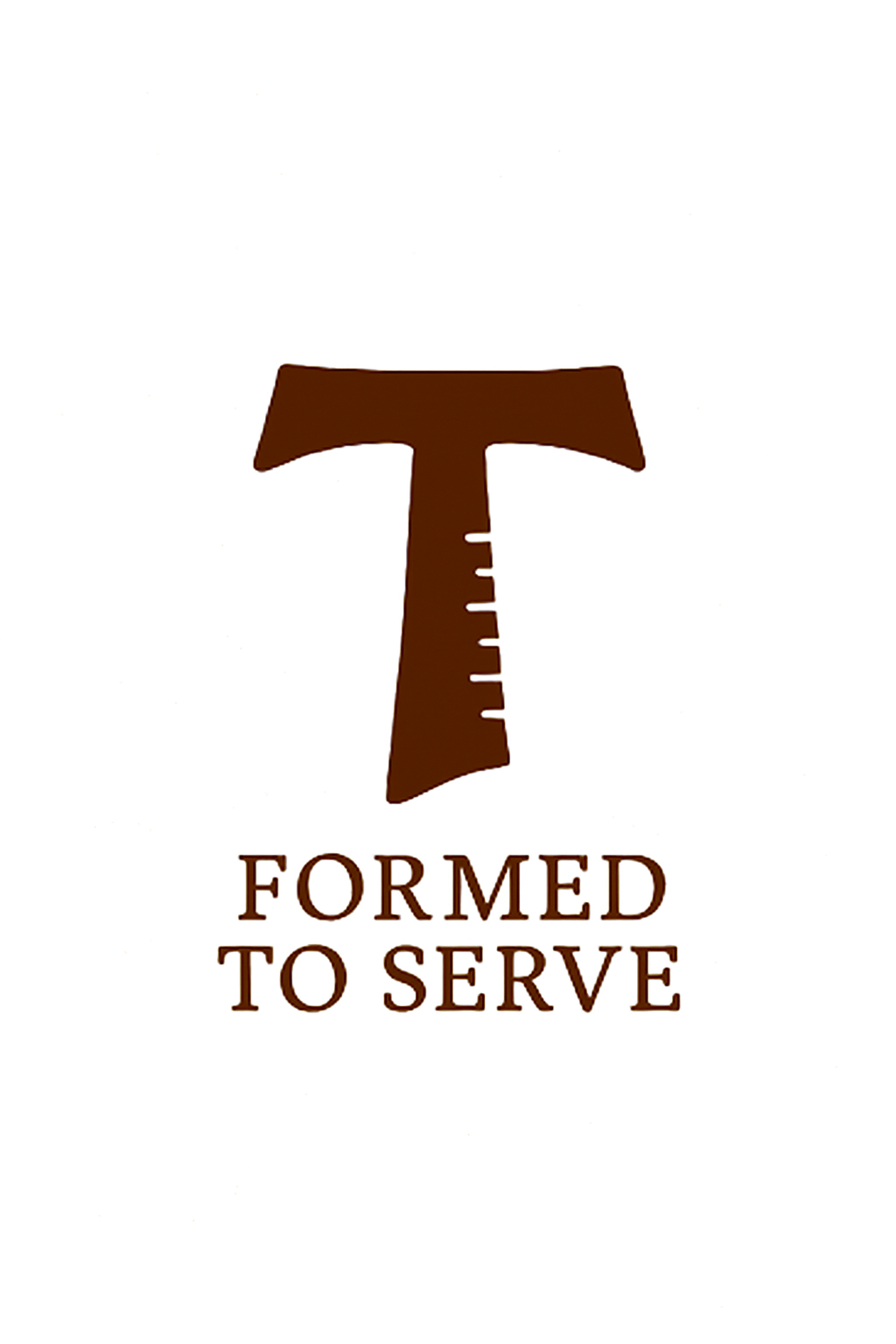Weekend at the Workbench 004
Why it Took What it Took
This week, I found myself back in that quiet, sacred space where struggle meets surrender. It started with a call from my dad—he’s been fighting pancreatic cancer—and a plea from my mom, a call of urgency not just for physical support but for spiritual presence. “Can you come do a rosary with your dad today?” she asked, her voice thin but edged with something unmistakable: quiet desperation.
And so I went.
For years now—fifteen, if I’m counting—we’ve prayed the rosary together on Wednesday at lunchtime,, my dad and I. But this time, it was different. My dad was grappling with thoughts no one should have to face alone: the weight of mortality, the fear of being a burden, the sheer exhaustion of fighting a disease that seems to rob dignity one memory, one muscle, one moment at a time.
In that moment, all I could offer was myself—my broken, imperfect, but present self—and the prayers that have carried us this far. I shared with them a story from my own dark season: watching my son, Logan, teeter between life and death, powerless to stop it, and learning to let go and trust God’s plan. I told them how surrendering my son—our dreams, our control, our timeline—into God’s hands was the hardest thing I’ve ever done. But it was also the doorway to unexpected grace.
We prayed. We sat in the silence. We let the weight lift, if only for a little while. Later, my mom texted me to say that it was a “Godsend”—not just a gesture, but a lifeline. It got my dad out of his funk. It was enough light to get them back on their feet, enough hope for them to take a trip the next day to Santa Barbara. Enough to remind them, and me, that we’re not alone.
And here’s the truth that landed on me:
Sometimes the suffering we endure isn’t just for us.
It’s so we can walk alongside others when they’re stumbling. It’s so we can be credible witnesses—not because we’re perfect or wise, but because we’ve been there. We’ve sat in the hospital rooms, felt the suffocating weight of powerlessness, and wrestled with our own dark thoughts. And somehow, by grace, we’re still standing. Still praying. Still present.
That’s what Weekend at the Workbench is for.
It’s a space to remember that as men, we don’t get to check out when the weekend comes. We don’t get to silence the call of those who need us—our wives, kids, aging parents, brothers, neighbors, or even strangers. And maybe—just maybe—the reason we’ve been through what we’ve been through is so we can show up differently for them. So we can say, “I’ve been there. I know it’s hard. Let’s pray. Let’s sit in the silence. Let’s not give up.”
This weekend, I invite you—no, I challenge you—to lean into the moments that feel inconvenient, painful, or overwhelming.
• When your kid asks for your attention.
• When your wife needs you to listen instead of fixing.
• When your dad or mom is afraid and needs your quiet presence.
• When you’re tempted to self-medicate or check out.
Ask yourself:
What if this is why you went through what you did?
What if God is inviting you to stand in the gap for someone else—right now?
Let’s not waste our scars. Let’s let them speak into someone else’s dark hour. Let’s remember that what we’ve endured wasn’t meaningless. It was preparation.
If you’ve had a time you could tell that something really tough you went through was a benefit to one of your loved ones or even to a stranger, drop it in the comments below
This is your Weekend at the Workbench reminder:
Your life is not about you. It’s about how you show up—especially when it’s hard.
Stay strong, brothers. Stay rooted. And don’t forget—you’re not alone.
